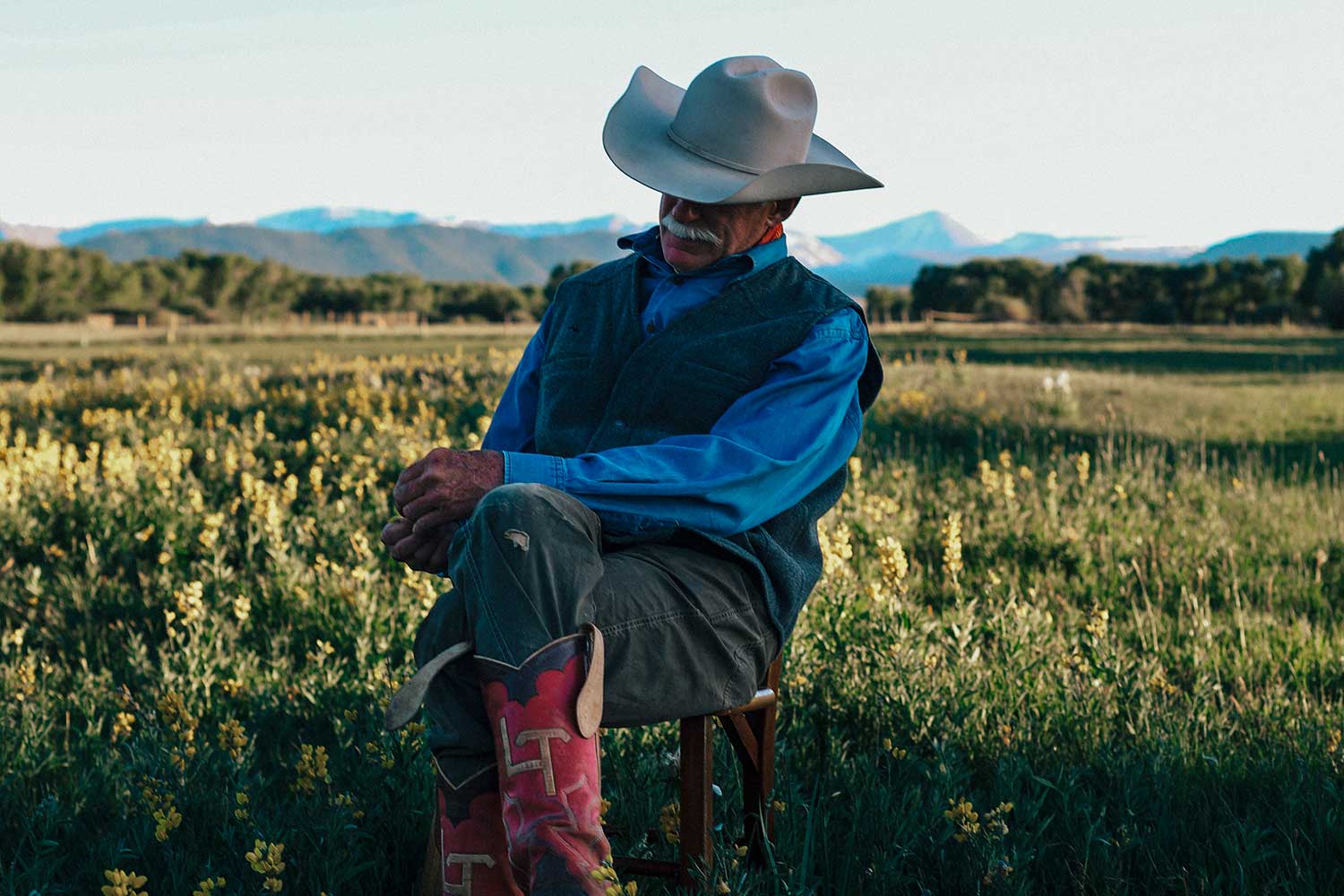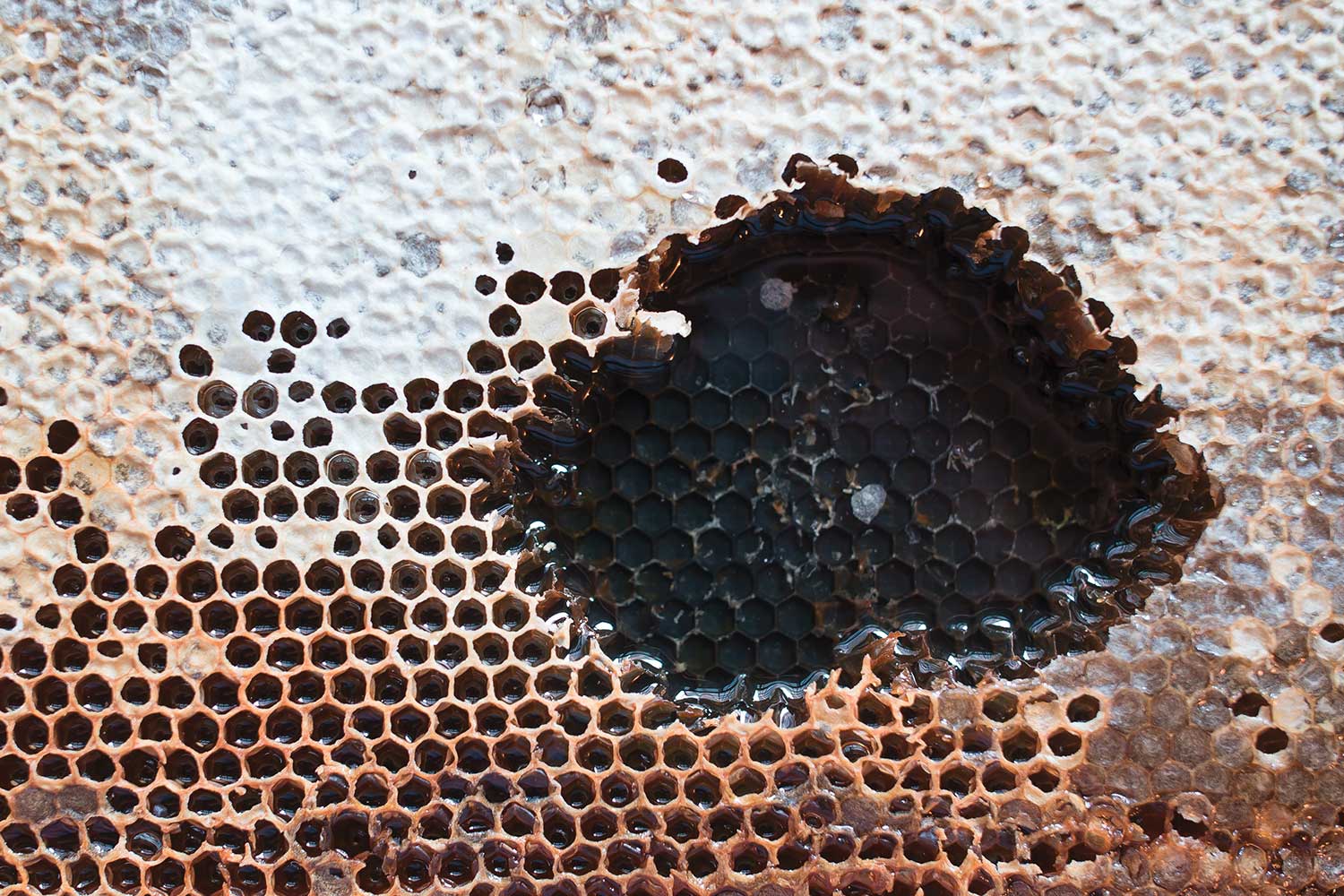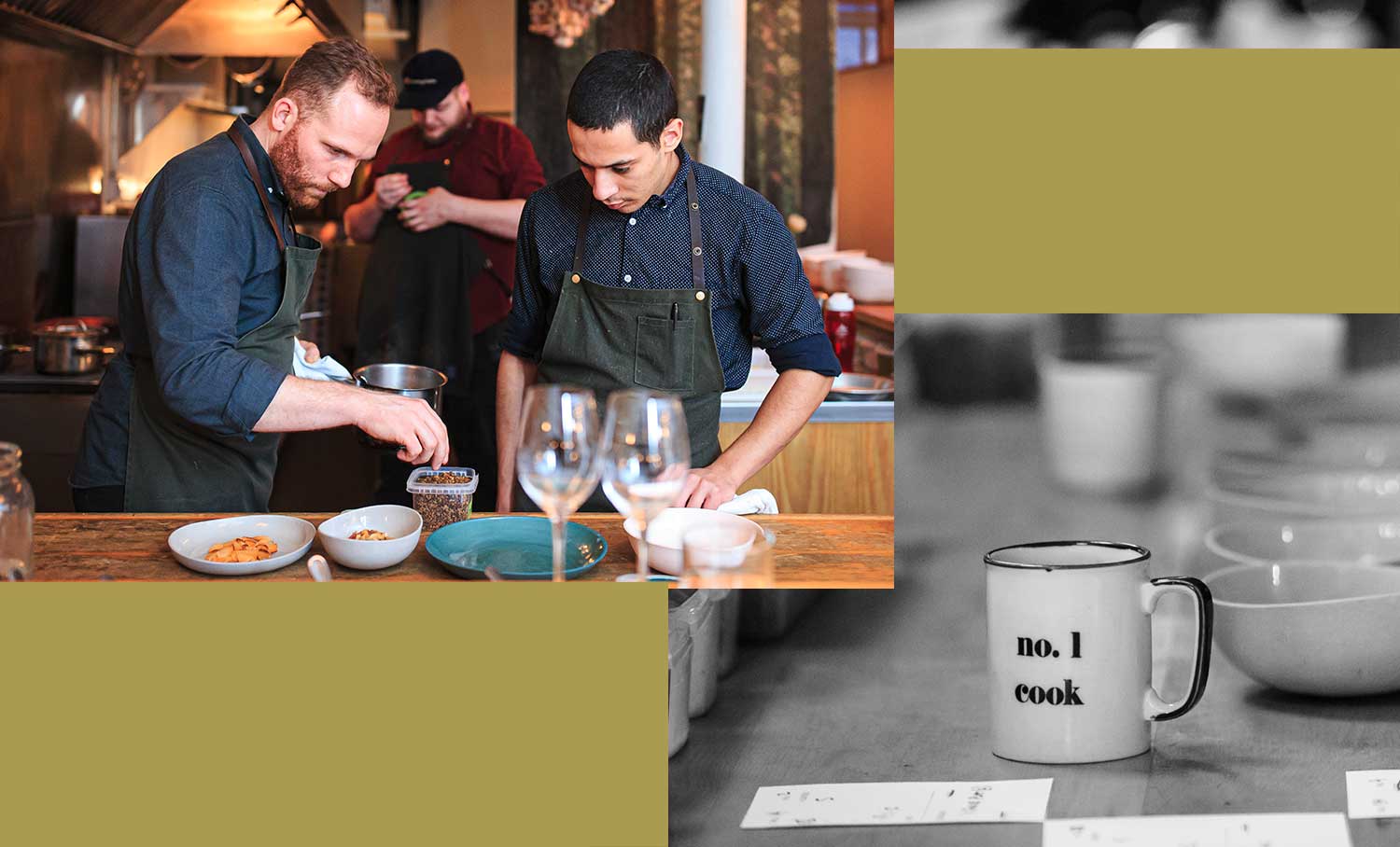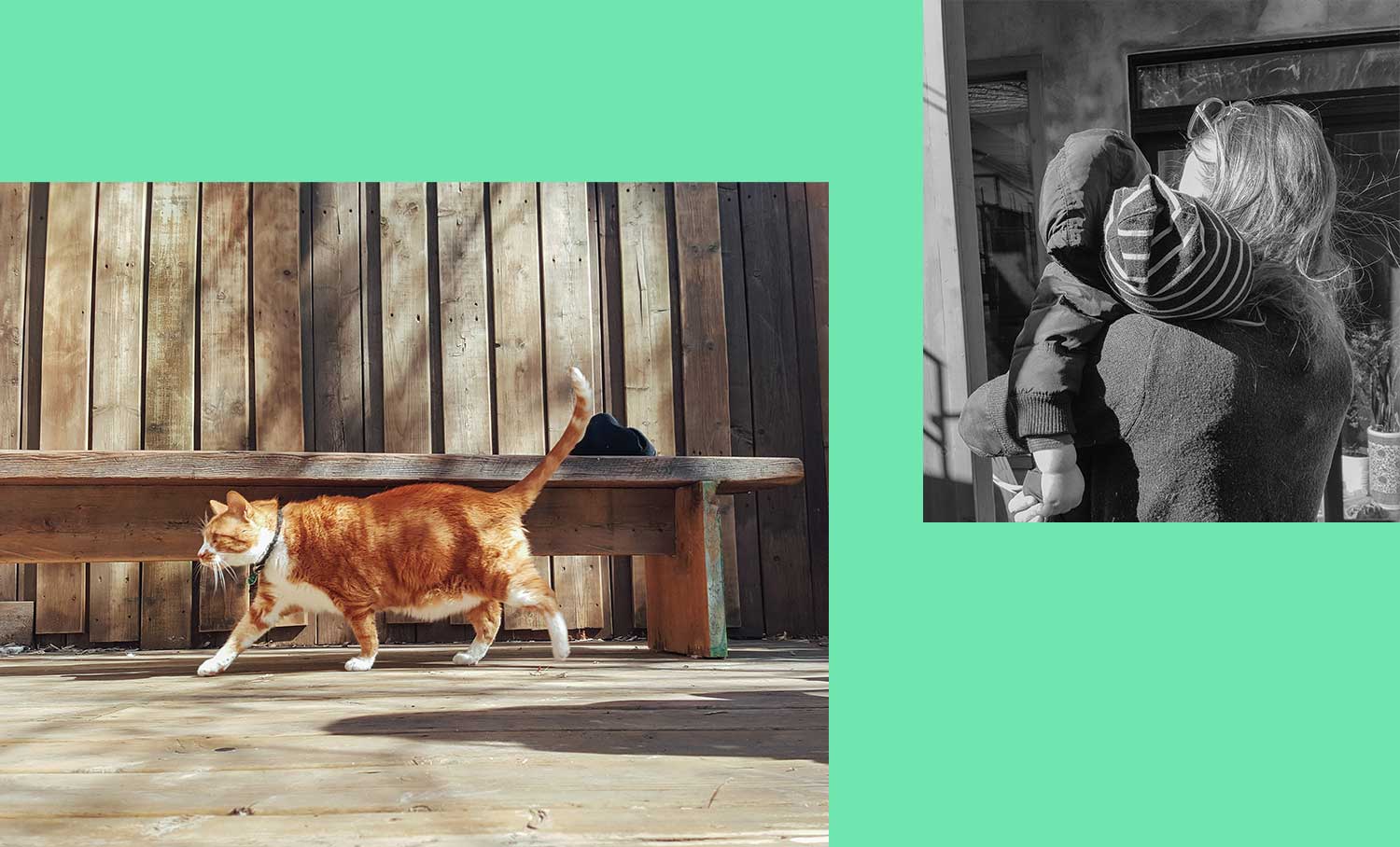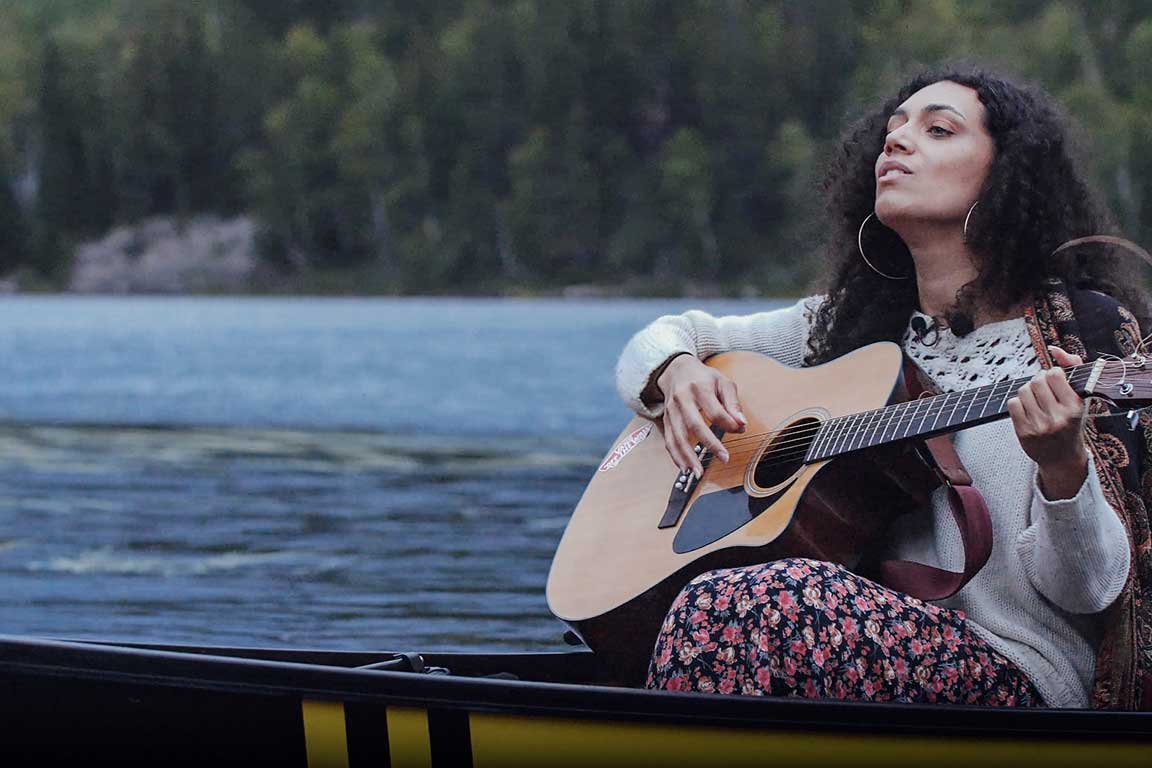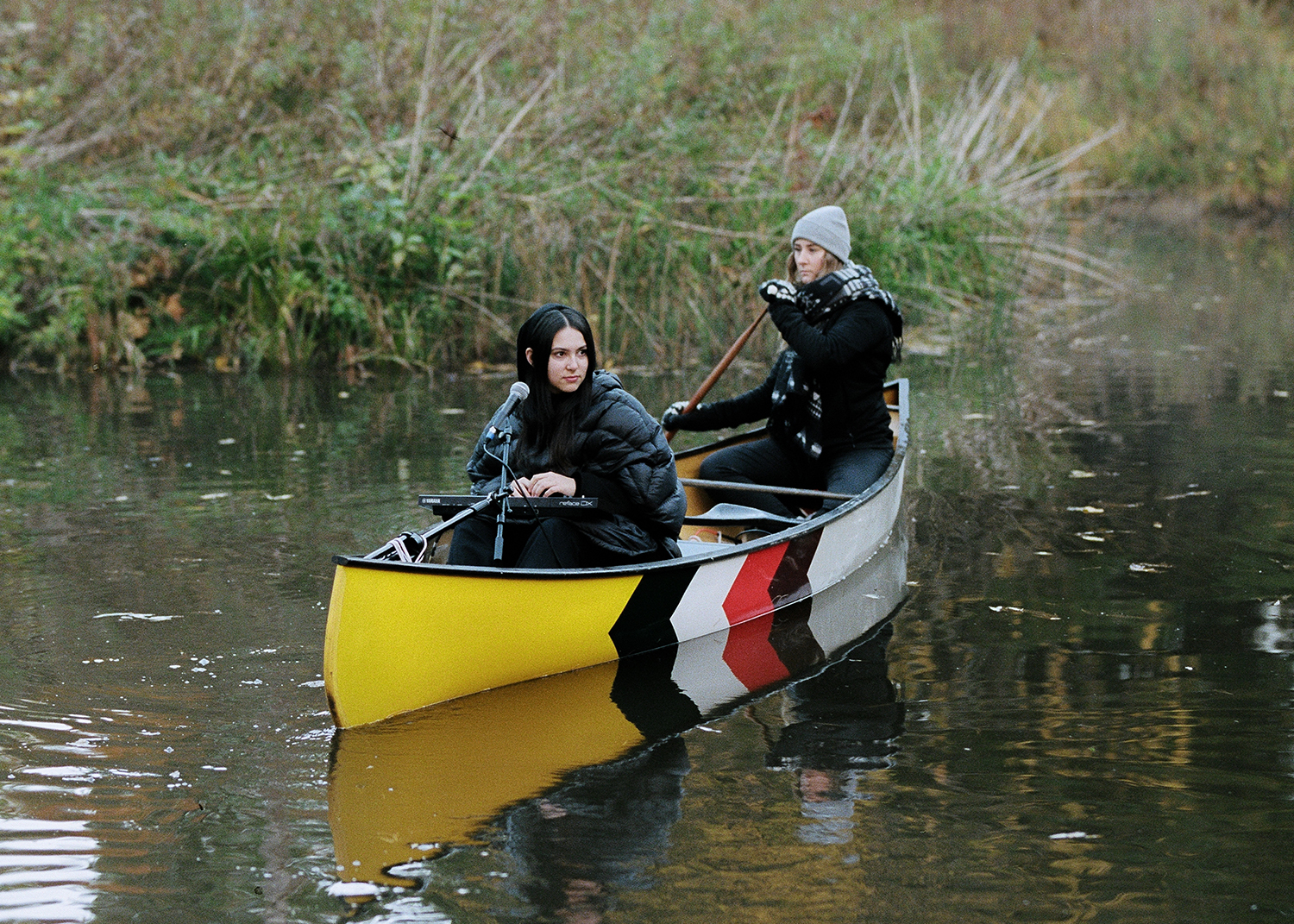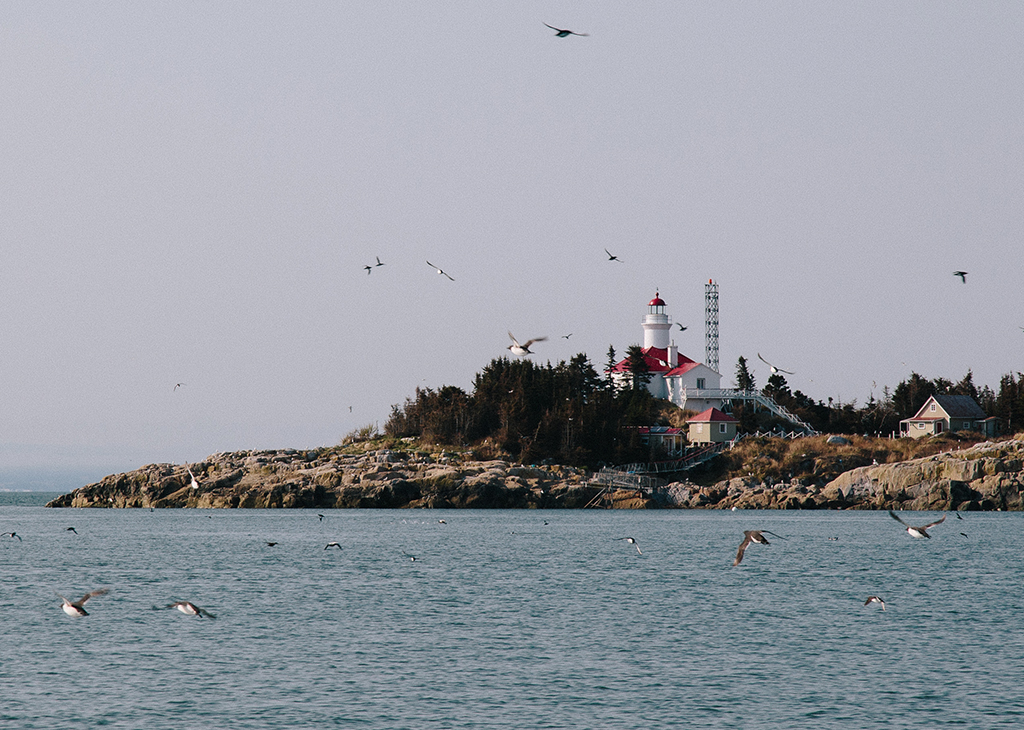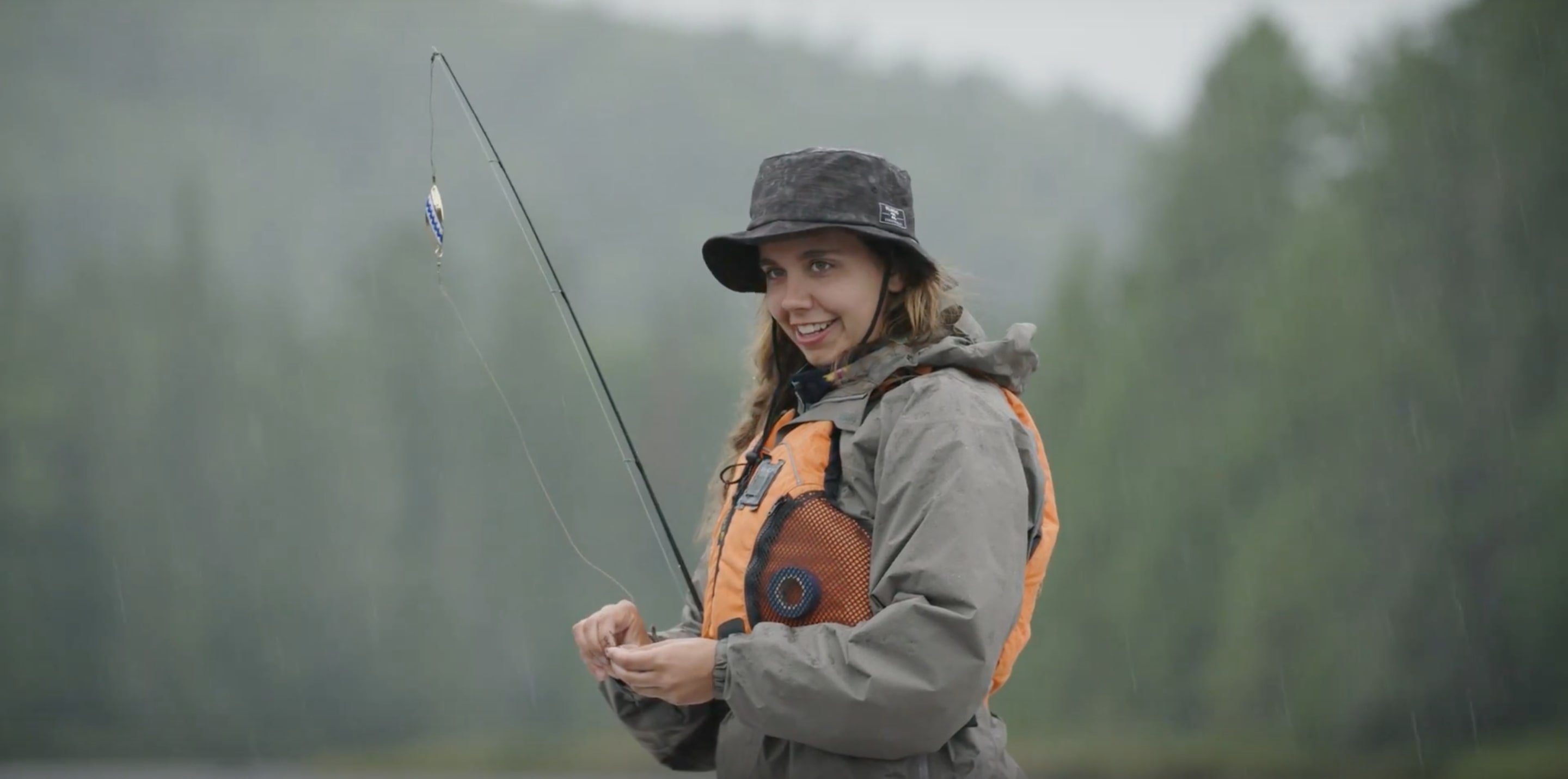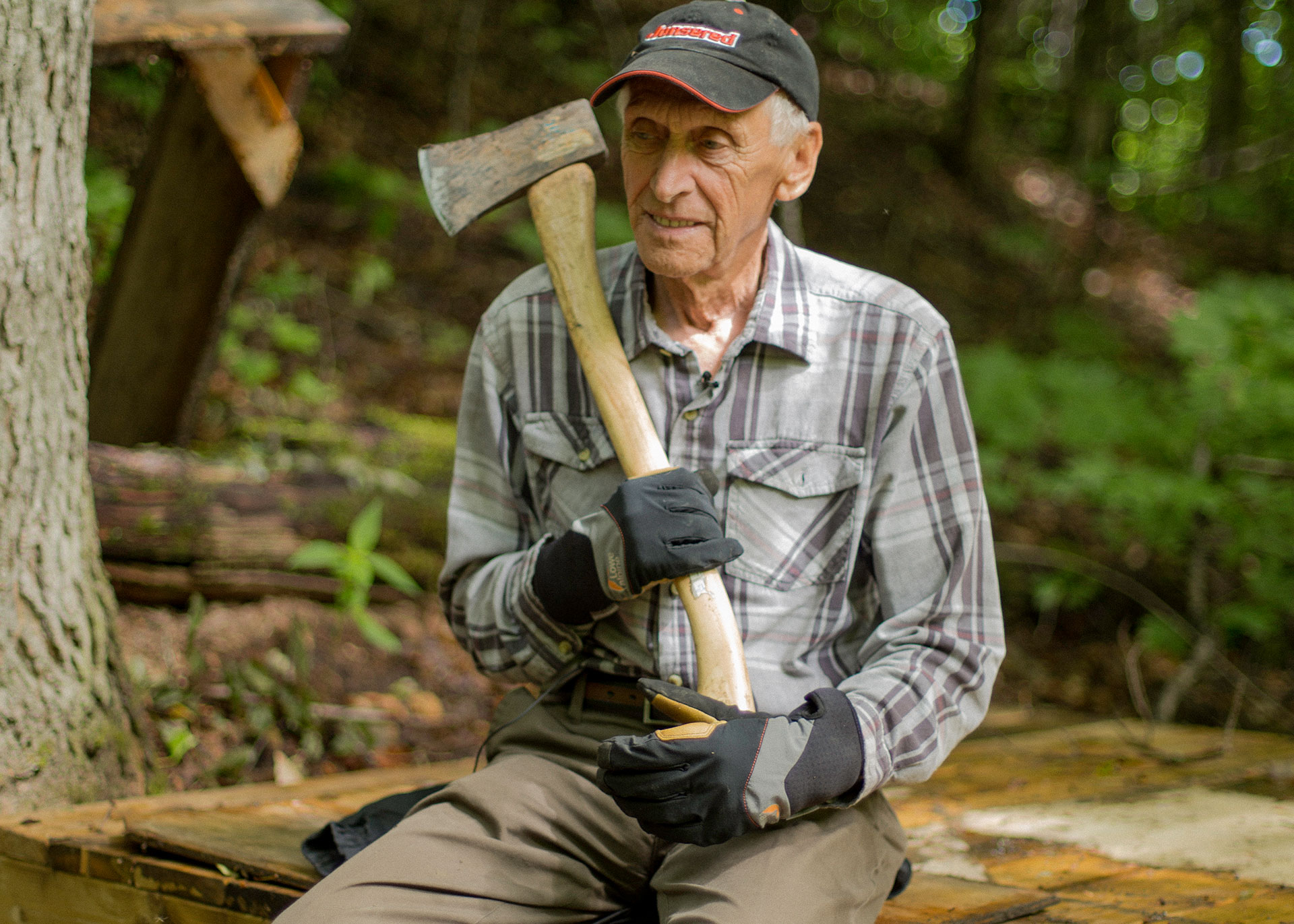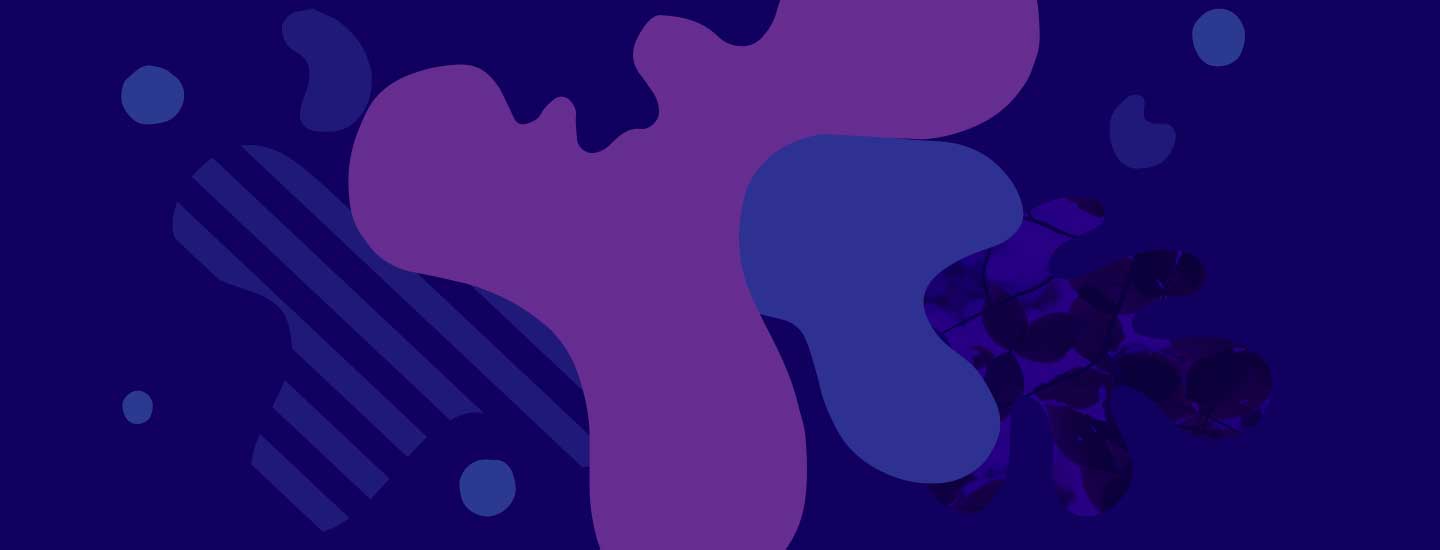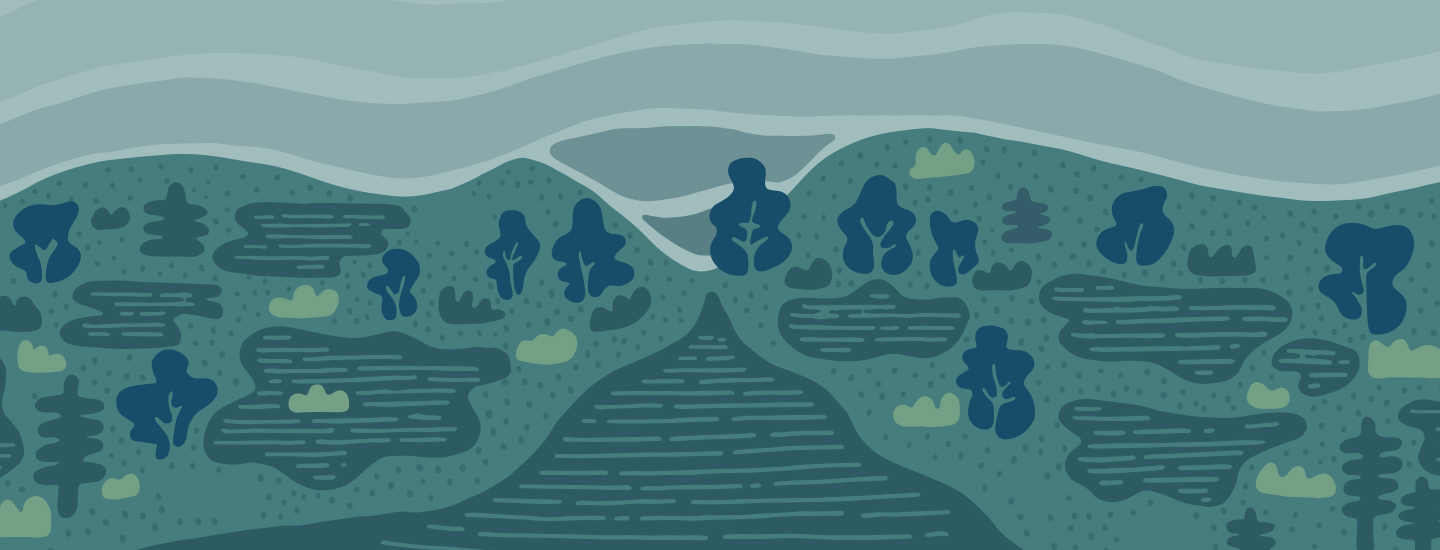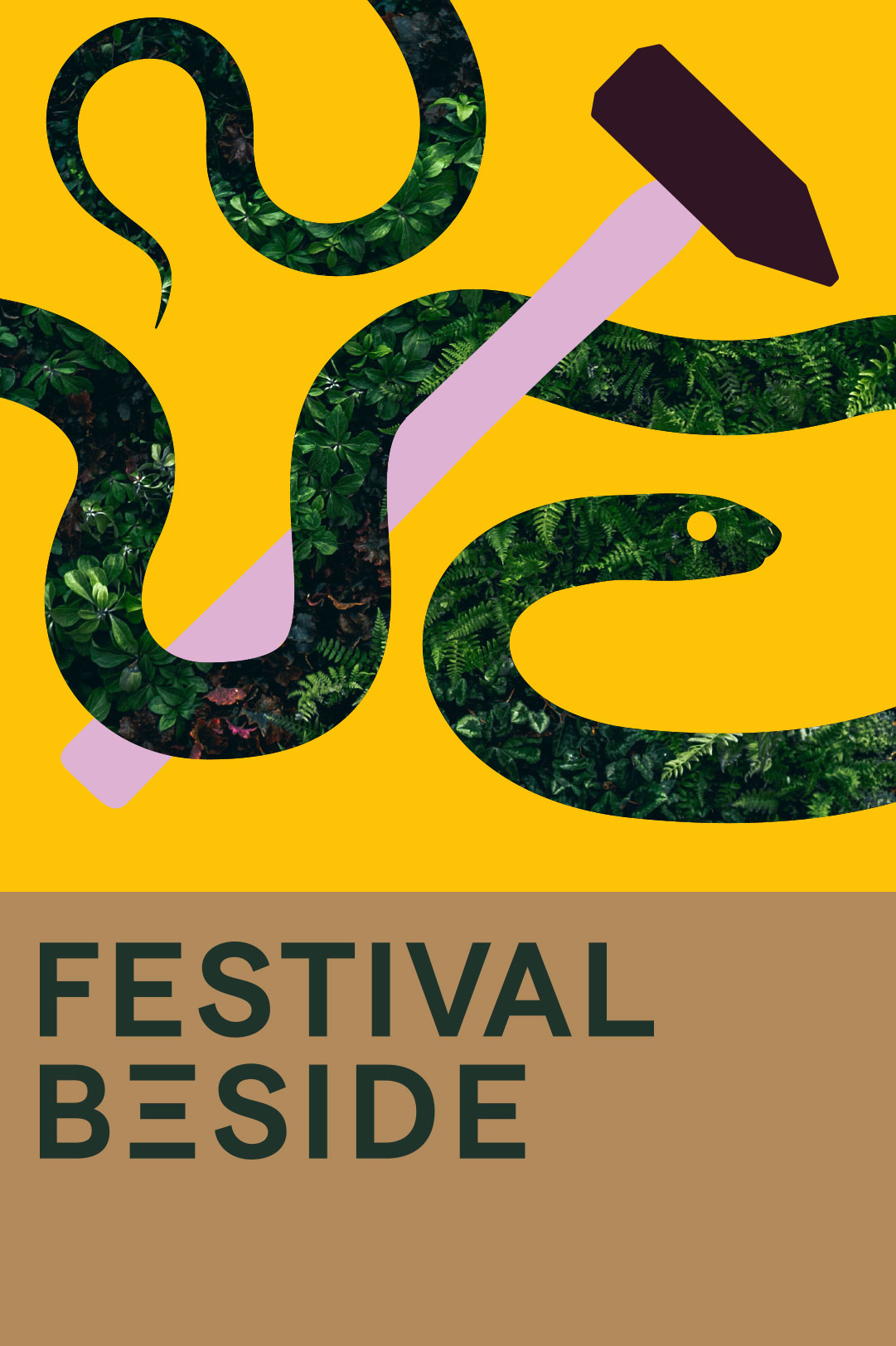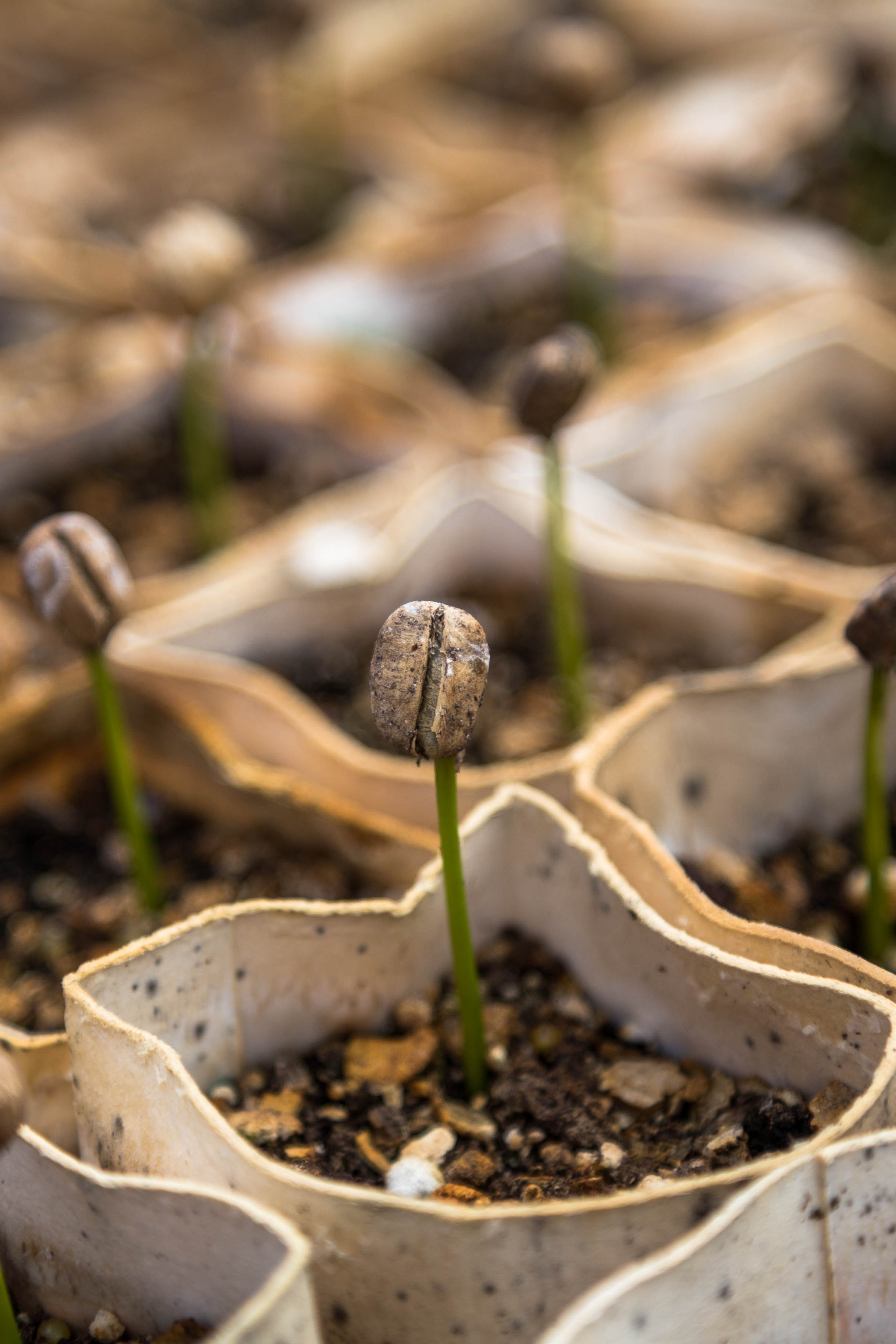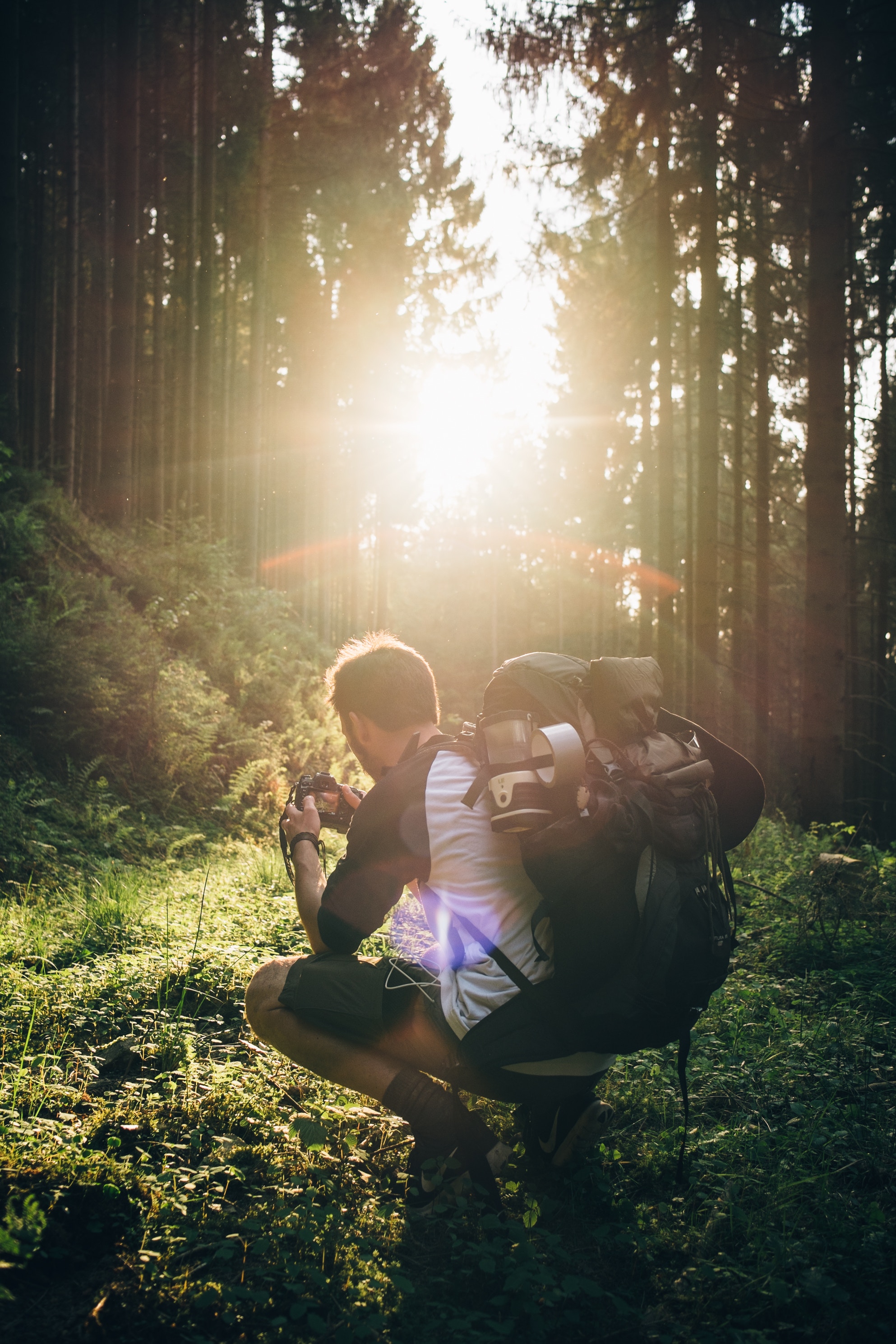BESIDE x DUVETNOR
A Rare Bird
Jean Bédard, founder of Duvetnor, turned an age-old tradition—the harvesting of eiderdown—into the driving force behind the conservation of a natural habitat. Portrait of a man with his eyes out to sea.
By mid-April, biologist Jean Bédard still hadn’t witnessed the arrival of common eiders on the islands clustered in the St. Lawrence Estuary. But the 81-year-old man has a hunch a few are already there, and have even started laying eggs.
His conviction comes from watching over the common eider colonies of the Lower St. Lawrence River for nearly a half century. From the very first time he laid eyes on a sandpiper, nothing has managed to pull him away from his favourite subject: sea birds. He pursued a post-secondary degree in biology, at a time when many of his peers had their sights set on law and medicine. To his utter delight, his studies have often brought him to coastal environments: from Southampton Island, north of Hudson’s Bay, to St. Lawrence Island, in Alaska’s Bering Strait.
On the other end of the line, I can hear him smiling. “Yeah, I’m really addicted! When we’re confined to an island, we have to protect it as if our lives depended on it. Islands make us realize how small our planet really is, which is something people are less and less aware of in the wake of urbanization.”
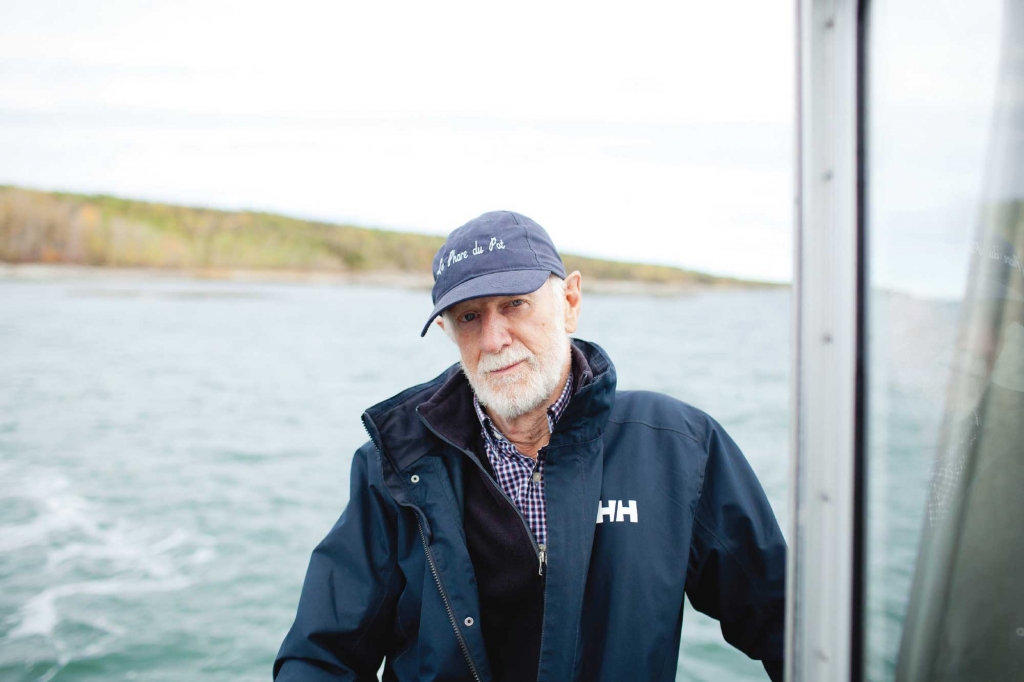
In 1968 Bédard, who hails from the Rivière-du-Loup area, returned to Québec to teach. Research funding from the Université Laval enabled him to study the river’s wildlife, and the common eider in particular. At the time the sea duck was subject to heavy harvesting for commercial purposes. Eiderdown is extremely rare and offers unparalleled insulation, which boosts its market value. Its harvest is an age-old tradition. It has been practiced for about 500 years in Québec and for about nine centuries in Iceland. Tradition aside, however, the practice has not always been kind to the ducks themselves.
Bédard was genuinely shocked when he first saw the devastation wreaked by down harvesters. They camped on the islands for about a week, bringing an endless stream of disruptive comings and goings. These sustained intrusions, intolerable to the females, made nests more vulnerable to attacks from the likes of seagulls, predators always on the alert.
Knowing that only 5–10 per cent of ducklings manage to make it to their first flight, the biologist decided to focus on protecting nesting areas, which play a key role in the ecological balance of the massive estuary. “I realized that if the harvest was done in an intelligent way, where we also conduct scientific studies, we could generate significant income that could then be used to ensure the preservation of the birds’ habitat.” A bold plan for ensuring sustained conservation was born.
Thus in 1979, with a handful of biologist friends, Jean Bédard founded Société Duvetnor, a non-profit organization, and acquired the rights to collect down on several private and public islands. A few years later, with the revenues from down sales and financial support from various conservation organizations, the company managed to buy the five islands forming the Les Pèlerins archipelago, two out of the three islands in the Pot à l’Eau-de-Vie, as well as l’Île aux Lièvres. Today, some 25,000 common eider couples nest in the estuary, spread out over 20 or so islands.
Though it may seem paradoxical, the ornithologist firmly believes that if we wish to protect a territory, we need to occupy it. “The least hint of human intrusion can destroy a colony of marine animals,” he explains. “We’re here to manage natural habitats, but through as few interventions as possible.”
With this in mind, the down harvest had to be carefully overseen, because anyone equipped with a sack and an easily obtained permit could partake. Bédard established a comprehensive protocol for respecting the eider, which Environment Canada has been rigorously applying ever since. “The government has become very resistant to issuing new permits, and only grants them to people who commit to investing down profits in the protection of the habitat,” he adds.
The Duvetnor pickers only visit each nest once, and harvest the down by hand. They take less than half and camouflage the eggs before moving on, to protect them from predators. Then, the eiderdown is carefully processed and sterilized before being exported to Europe, where it will be transformed into outdoor clothing and king-size comforters, earning up to $14,000 apiece. Bédard puts this all into perspective: “To start with, the down is full of ticks, fleas, waste, and excretion. It only reaches its full value once it’s been through a colossal cleaning process, spanning several months.”
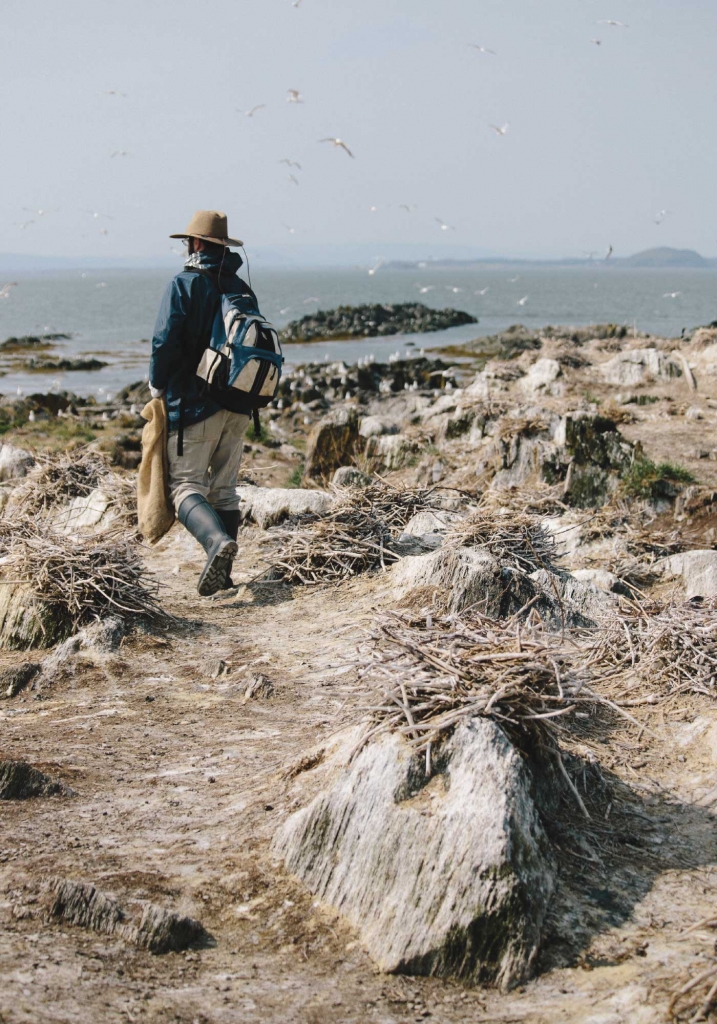
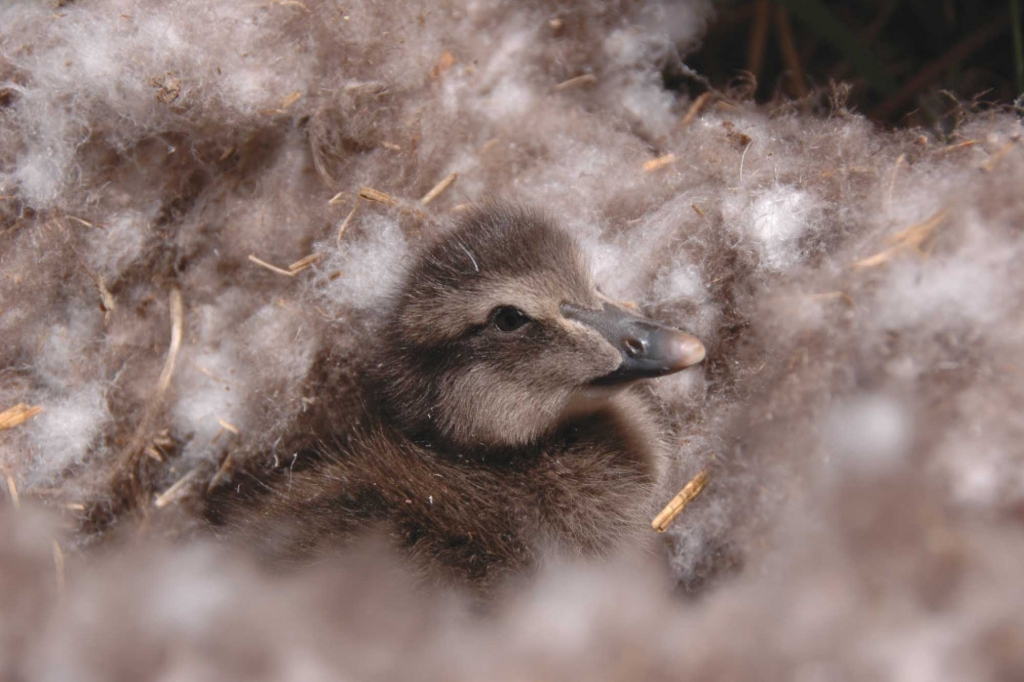
Duvetnor does a lot more than just pick down: scientific contribution is built into its conservation mission. “We tag the birds, draw up inventories; we try to understand what causes explosive epidemics [like those of 1976, 1985, and 2002, which killed thousands of females within 24 hours]. We can intervene if invasions are wiping out indigenous plants, for example.”
The organization also manages an ecotourism program, which finances island preservation, and informs visitors about conservation and biodiversity. “If we don’t educate, we stagnate. People who come to see us learn to discover wildlife and realize its importance,” notes Bédard. Duvetnor only allows the public to access a very limited area unfrequented by the birds, ensuring that the majority of the territory benefits from full protection.
An inn, a few cottages, and camping spaces were built on l’Île aux Lièvres, while a lighthouse on the Pot à l’Eau-de-Vie Islands was restored to welcome visitors. As soon as eiders and fledglings have left their nests each year, vacationers can spend time there, observe penguins and minke whales, set off on a mushroom discovery adventure, participate in guided excursions, or simply go for walks. No kayaks, no bikes, and scarce wifi. “For me, nature is a spiritual experience. You’re there to be inspired by something beautiful—nature, in the wild. We see less and less of it, now that we pillage everywhere. With Duvetnor, I feel like I’ve done something useful.” ■
___________
Émilie Folie-Boivin loves magazines so much that she made a career out of them. Having put her editor and journalist duties on pause, she now spends most of her days with her nose in high-school math so that she can continue her studies in environmental science and get closer to the great outdoors.
—
How do we sustain our traditions?
This article was initially published in Issue 06 of BESIDE Magazine.
Get your copy now